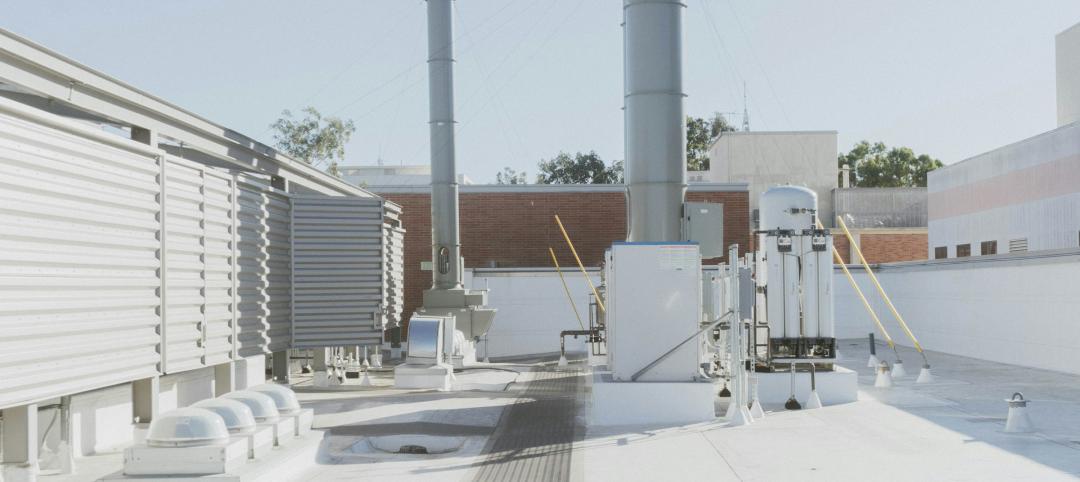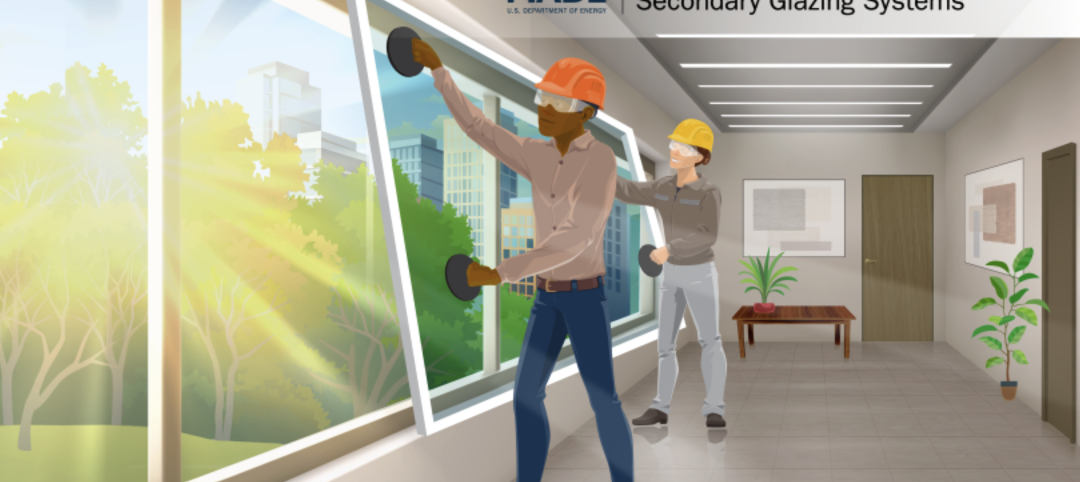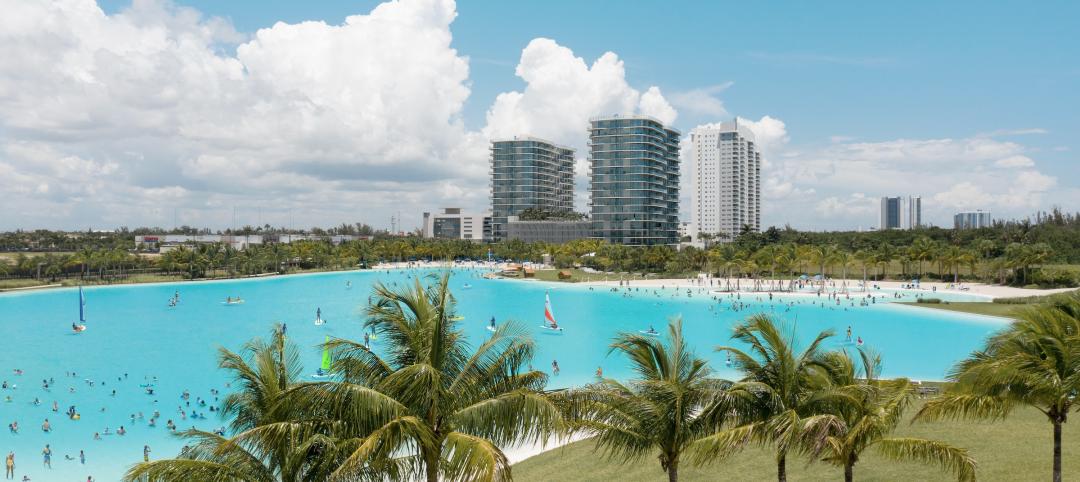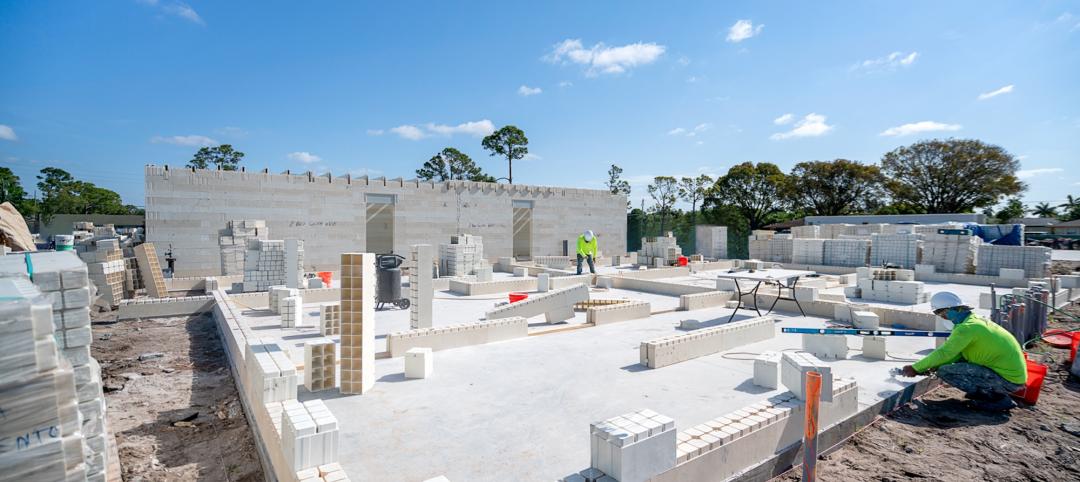The Centers for Disease Control and Prevention issued a report on the Occupational Safety and Health Administration’s review of 20 heat-related enforcement cases from 2012 to 2013. The key finding: CDC supports OSHA’s analysis suggesting that the primary risk factor for heat fatalities is the lack of acclimatization programs.
Of the 13 enforcement cases described in the CDC’s Morbidity and Mortality Weekly Report that involved worker fatalities, nine of the deaths occurred in the first three days of working on the job, and four of them occurred on the worker’s first day. In all 20 cases, heat illness prevention programs were found to be incomplete or absent, and no provision was made for acclimatizing new workers to heat.
Acclimatization is a critical part of preventing heat illnesses and fatalities, and workers should gradually build up workloads and exposure to heat by taking frequent breaks for water and rest in shade or air conditioning, OSHA says. OSHA’s national Campaign to Prevent Heat Illness in Workers raises awareness about the risks for heat-related illness or death and provides tools to help prevent them.
The agency recommends that employers have prevention programs that include oversight, hazard identification, a formal acclimatization program, modified work schedules as necessary, training, and emergency planning to prevent heat-related fatalities. OSHA has a free application for mobile devices that enables workers and supervisors to monitor the heat index at their work sites. For more information and resources in English and Spanish see www.osha.gov/heat.
(http://content.govdelivery.com/accounts/USDOL/bulletins/c8b77e)
Related Stories
Adaptive Reuse | Mar 15, 2024
San Francisco voters approve tax break for office-to-residential conversions
San Francisco voters recently approved a ballot measure to offer tax breaks to developers who convert commercial buildings to residential use. The tax break applies to conversions of up to 5 million sf of commercial space through 2030.
Codes and Standards | Mar 15, 2024
Technical brief addresses the impact of construction-generated moisture on commercial roofing systems
A new technical brief from SPRI, the trade association representing the manufacturers of single-ply roofing systems and related component materials, addresses construction-generated moisture and its impact on commercial roofing systems.
MFPRO+ News | Mar 12, 2024
Multifamily housing starts and permitting activity drop 10% year-over-year
The past year saw over 1.4 million new homes added to the national housing inventory. Despite the 4% growth in units, both the number of new homes under construction and the number of permits dropped year-over-year.
Affordable Housing | Mar 11, 2024
Los Angeles’s streamlined approval policies leading to boom in affordable housing plans
Since December 2022, Los Angeles’s planning department has received plans for more than 13,770 affordable units. The number of units put in the approval pipeline in roughly one year is just below the total number of affordable units approved in Los Angeles in 2020, 2021, and 2022 combined.
Codes and Standards | Mar 7, 2024
Public comments sought on measuring lifecycle of greenhouse gas emissions of buildings
ASHRAE and the International Code Council seek comments on their jointly developed document, Proposed ASHRAE/ICC Standard 240P—Quantification of Life Cycle Greenhouse Gas (GHG) Emissions of Buildings.
Green | Mar 5, 2024
New York City’s Green Economy Action Plan aims for building decarbonization
New York City’s recently revealed Green Economy Action Plan includes the goals of the decarbonization of buildings and developing a renewable energy system. The ambitious plan includes enabling low-carbon alternatives in the transportation sector and boosting green industries, aiming to create more than 12,000 green economy apprenticeships by 2040.
Codes and Standards | Mar 1, 2024
NIBS report focuses on how commercial buildings access and use water resources
The National Institute of Building Sciences (NIBS) issued a new report, Clean Water, Sanitation, and the Built Environment, focusing on how commercial buildings and residential buildings access and use water resources.
Windows and Doors | Feb 28, 2024
DOE launches $2 million prize to advance cost-effective, energy-efficient commercial windows
The U.S. Department of Energy launched the American-Made Building Envelope Innovation Prize—Secondary Glazing Systems. The program will offer up to $2 million to encourage production of high-performance, cost-effective commercial windows.
MFPRO+ Special Reports | Feb 22, 2024
Crystal Lagoons: A deep dive into real estate's most extreme guest amenity
These year-round, manmade, crystal clear blue lagoons offer a groundbreaking technology with immense potential to redefine the concept of water amenities. However, navigating regulatory challenges and ensuring long-term sustainability are crucial to success with Crystal Lagoons.
Building Tech | Feb 20, 2024
Construction method featuring LEGO-like bricks wins global innovation award
A new construction method featuring LEGO-like bricks made from a renewable composite material took first place for building innovations at the 2024 JEC Composites Innovation Awards in Paris, France.
















